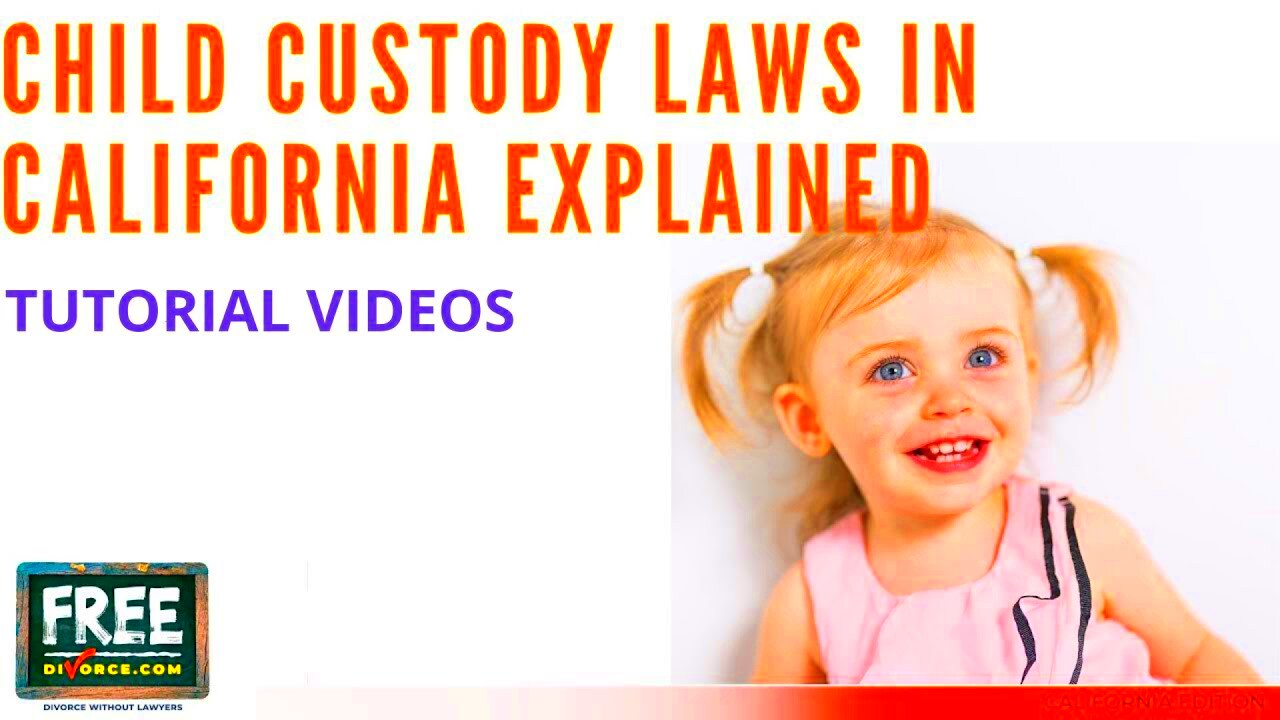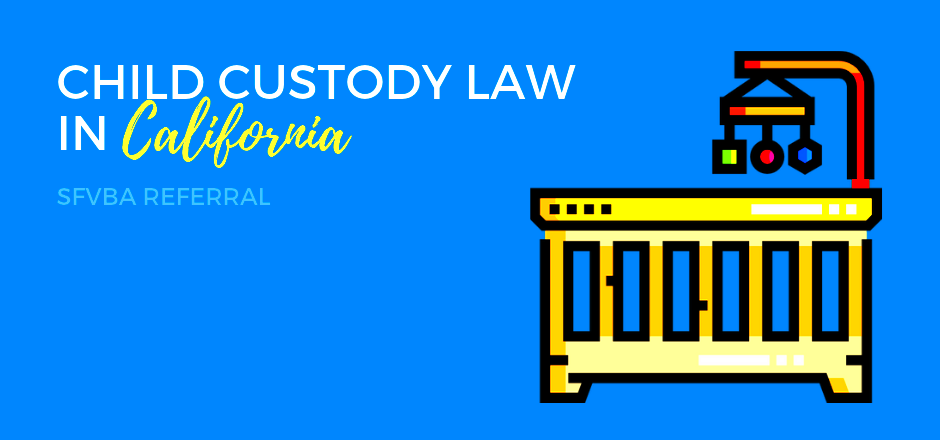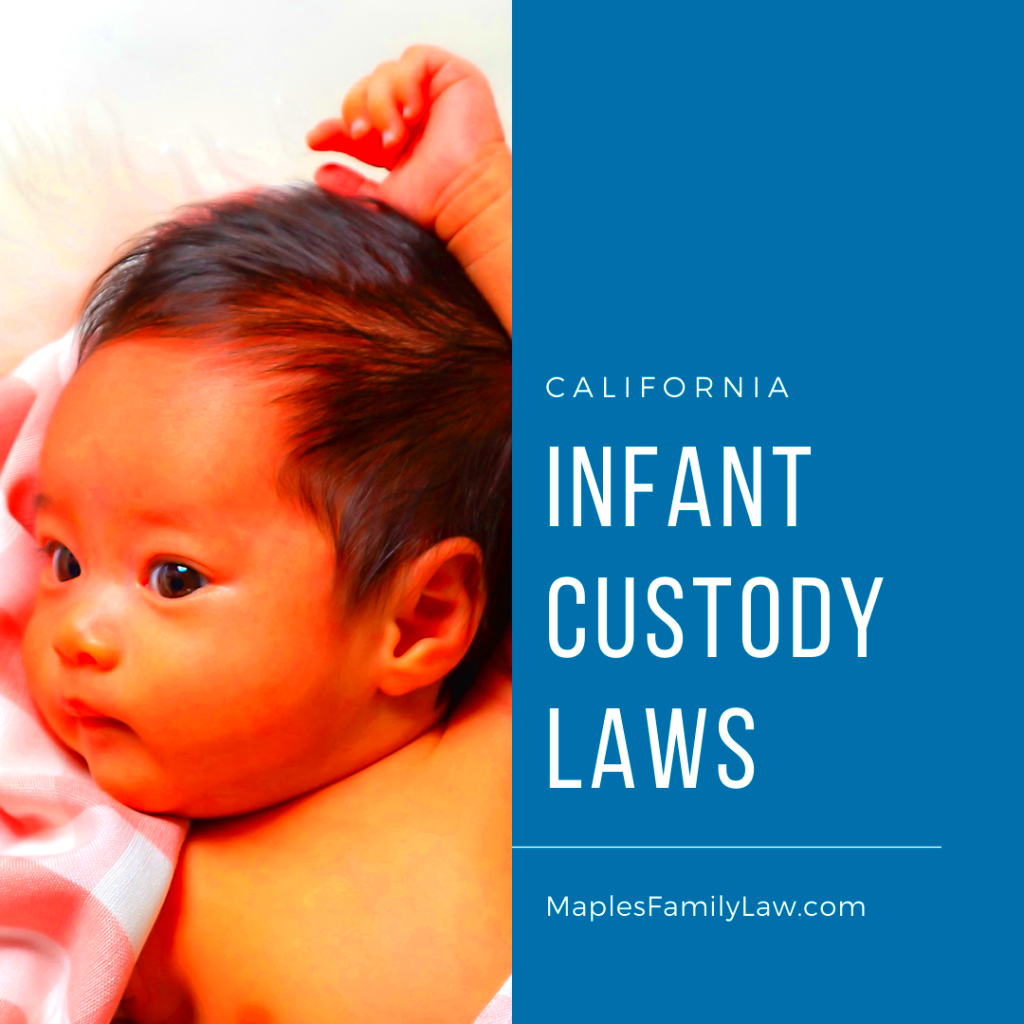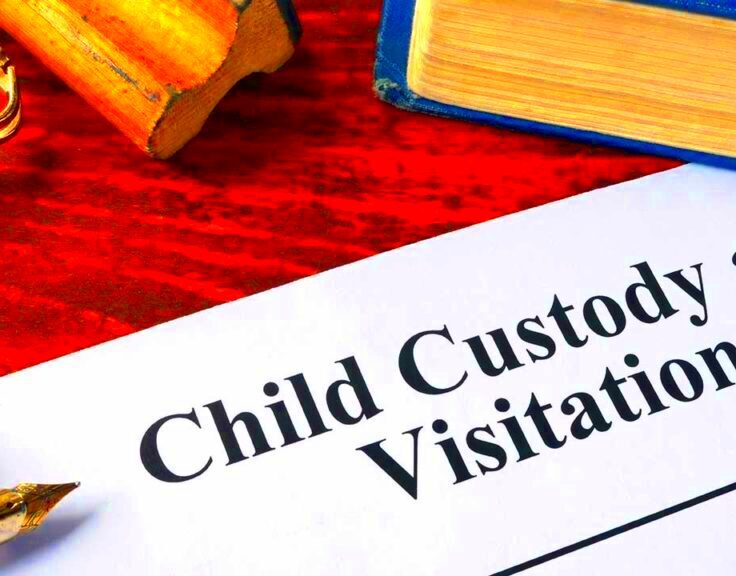California’s Child Custody Rights Protection Laws
Dealing with custody issues can be quite challenging, especially if you’re facing it for the time. In California the laws surrounding custody are focused on prioritizing the best interests of the child. Whether you’re a parent looking to gain custody or someone wanting to understand your rights this overview will provide insights into how custody decisions are reached and what you should know to safeguard your child’s well being. From clarifying definitions to offering guidance let’s explore the implications of these laws for you and your family.
Understanding Legal Custody and Physical Custody

When discussing custody matters it’s crucial to grasp the distinction between custody and physical custody. Legal custody involves having the authority to make decisions regarding aspects of your child’s life such as their education, healthcare and religious upbringing. Conversely physical custody pertains to determining the child’s residence and the individual responsible for their day to day care.
Legal Custody:
- Joint Legal Custody: Both parents share the responsibility of making significant decisions about their child’s life.
- Single Legal Custody: One parent has the sole authority to make decisions about the child’s welfare.
Physical Custody:
- Joint Physical Custody: The child spends significant time living with both parents.
- Primary Physical Custody: The child lives primarily with one parent, though the other parent may have visitation rights.
Grasping these concepts can give you insights into the impact of choices on both you and your child. Based on my observations open dialogue between parents can ease this journey and reduce stress for all parties concerned.
Factors Influencing Custody Decisions

In California custody decisions are approached with careful consideration. The court takes into account various factors to determine what is best for the child. These factors encompass.
- Child’s Health and Safety: The primary concern is the child’s physical and emotional well-being.
- Parental Ability: The court looks at each parent’s ability to provide for the child’s needs, including emotional support and stability.
- Existing Relationships: How well the child bonds with each parent, as well as siblings and other significant family members, is considered.
- Parent’s Wishes: While the preferences of each parent are important, they are weighed alongside the child’s best interests.
- Child’s Preference: Depending on their age and maturity, a child’s opinion may be taken into account.
Based on what I’ve witnessed firsthand I know how crucial it is for parents to adopt a loving and consistent approach. Courts look for evidence that both parents are dedicated to creating a supportive atmosphere. Being well prepared and aware of these aspects can greatly influence the results of your custody battle.
Rights of Unmarried Parents

Navigating the journey of parenthood as an unmarried individual in California presents its fair share of hurdles. However having a clear understanding of your rights can significantly impact your experience. Unlike parents who are married unmarried ones may need to go through the process of establishing paternity or maternity to safeguard their rights. This step plays a role, in obtaining acknowledgment and gaining access to custody and visitation privileges.
Establishing Paternity: For fathers, establishing paternity is essential. This can be done voluntarily through a declaration of paternity or through a court order. Once paternity is established, fathers gain rights to seek custody and visitation.
Legal Rights: Unmarried parents have the same rights as married parents once paternity or maternity is established. This includes the right to make decisions about the child’s education, health care, and general welfare. However, they may need to take additional steps to enforce these rights legally.
Custody and Visitation: Unmarried parents can seek custody and visitation rights through the family court system. It’s important to document your involvement and commitment to the child’s well-being to strengthen your case.
Based on what I’ve seen dealing with these rights can be tricky. However keeping yourself updated and taking initiative can help both parents play an important part in their child’s life. The focus is on meeting the child’s needs regardless of the parents’ relationship status.
Modifying Existing Custody Orders

Family dynamics evolve over time and so do the circumstances that warrant changes in custody arrangements in California. If you’re considering modifying an existing custody order it’s important to know that doing so involves a legal procedure. Whether it’s prompted by a shift in circumstances or aimed at prioritizing the best interests of the child navigating this process with care is essential.
Reasons for Modification: Common reasons include significant changes in a parent’s living situation, job, or health, or changes in the child’s needs. The court will consider whether these changes impact the child’s well-being.
How to Request a Modification: To request a modification, you must file a petition with the family court. This involves:
- Filing a Petition: Submit a request outlining the changes and why they warrant a modification.
- Providing Evidence: Show evidence of the changes in circumstances and how they affect the child’s best interests.
- Attending a Hearing: The court may schedule a hearing to review the request and make a decision based on the evidence presented.
From what I’ve seen changes can be tough to navigate but they are usually essential for the well being of the child. Maintaining thorough documentation and clearly communicating the rationale behind the adjustment can facilitate a smoother transition.
Role of Mediation in Custody Disputes
Mediation provides a way to settle custody conflicts without going to court. A neutral mediator assists parents in finding a custody plan that suits all parties involved, particularly the best interests of the child.
Benefits of Mediation: Mediation can be less adversarial than court proceedings, often leading to better outcomes for the family. It allows parents to work together to find mutually agreeable solutions, which can result in a more cooperative co-parenting relationship.
Process: Mediation typically involves:
- Initial Meeting: The mediator meets with both parents to understand their concerns and goals.
- Negotiation: Parents discuss their needs and preferences with the mediator’s guidance.
- Agreement: The mediator helps draft a custody agreement that reflects the parents’ consensus.
From what I’ve seen mediation can really make a difference. It takes a route where people work together to find common ground and usually results in lasting agreements. It encourages parents to prioritize what’s best for their child instead of getting entangled in legal battles.
Enforcement of Custody Agreements
Upholding custody agreements is essential to make sure that the conditions of your custody setup are upheld. When parents reach an understanding about a custody plan it goes beyond being just a document; it represents a dedication to the welfare of the child. But what do you do when one parent fails to comply with the arrangement? Knowing your choices for enforcement can assist in keeping matters, in order.
Steps to Enforce an Agreement:
- Document Violations: Keep detailed records of any breaches of the custody agreement, such as missed visitations or late pickups.
- Communicate: Sometimes a simple conversation can resolve misunderstandings or issues. Try to address the problem directly with the other parent before escalating matters.
- File a Motion: If informal methods don’t work, you may need to file a motion with the court to enforce the agreement. The court will review the case and may issue orders to ensure compliance.
- Seek Legal Advice: Consulting with a family law attorney can provide guidance on the best course of action and help you navigate the legal process effectively.
In my view, staying on top of things and being determined are crucial. It can be tough to enforce custody arrangements but it’s important to uphold the agreed upon terms to provide stability for your child. Being ready and understanding your rights can really impact the outcome.
Resources and Support for Parents
Navigating custody disputes can be challenging as a parent but there are plenty of resources out there to lend a helping hand. Whether you need guidance or emotional support knowing where to seek assistance can lighten the load and navigate you through the journey.
Legal Resources:
- Family Law Attorneys: Experienced lawyers can provide valuable advice and representation. They can help you understand your rights and navigate the legal system.
- Legal Aid Services: For those with limited financial means, legal aid organizations offer free or low-cost legal assistance.
Emotional and Practical Support:
- Counseling Services: Professional counselors can provide emotional support and help you manage stress during this challenging time.
- Parenting Classes: Classes can offer strategies for co-parenting and managing family dynamics effectively.
- Support Groups: Connecting with other parents going through similar situations can provide comfort and practical advice.
I believe that tapping into these resources can really have an impact. A strong network of support keeps you centered on what truly matters, which is your child’s welfare. If you ever find yourself in need don’t hesitate to seek assistance.
FAQ
What happens if one parent doesn’t follow the custody agreement?
If a mom or dad doesn stick to the custody plan you can keep a record of the breaches and try to sort things out by talking it out. If that doesn’t succeed you might have to submit a request to the court to make sure the agreement is upheld.
Can custody agreements be modified after they are finalized?
Absolutely, custody arrangements can be changed if there are significant shifts in circumstances that impact what is best for the child. To do so you would have to submit a request to the court along with supporting evidence explaining the reasons for the modification.
How can mediation help in custody disputes?
Mediation assists parents in resolving conflicts with the help of an impartial mediator. It promotes collaboration and can result in agreeable outcomes for both parties without resorting to adversarial legal proceedings.
Are there resources available for low-income parents needing legal help?
Absolutely there are legal aid groups that offer cost or affordable legal assistance to people with limited income. They can support you in comprehending your rights and provide help with custody issues.
Conclusion
Dealing with child custody laws in California can be a challenging process that involves both emotions and legal complexities. Its essential to know your rights and obligations to ensure the best outcome for your child. This includes understanding the differences between legal and physical custody, the importance of mediation and how agreements are enforced. Each decision you make along this journey can significantly shape your familys future.
From what I’ve seen and the tales I’ve come across one thing is clear being well informed and taking action can truly impact a situation. Custody arrangements go beyond legalities; they are deeply personal matters that touch the lives of everyone involved. By exploring resources tapping into support systems and fostering communication you can maneuver through these challenges more smoothly. Keep in mind that the aim is to create a nurturing environment for your child and every effort you put towards achieving that goal brings you closer, to the right path.


